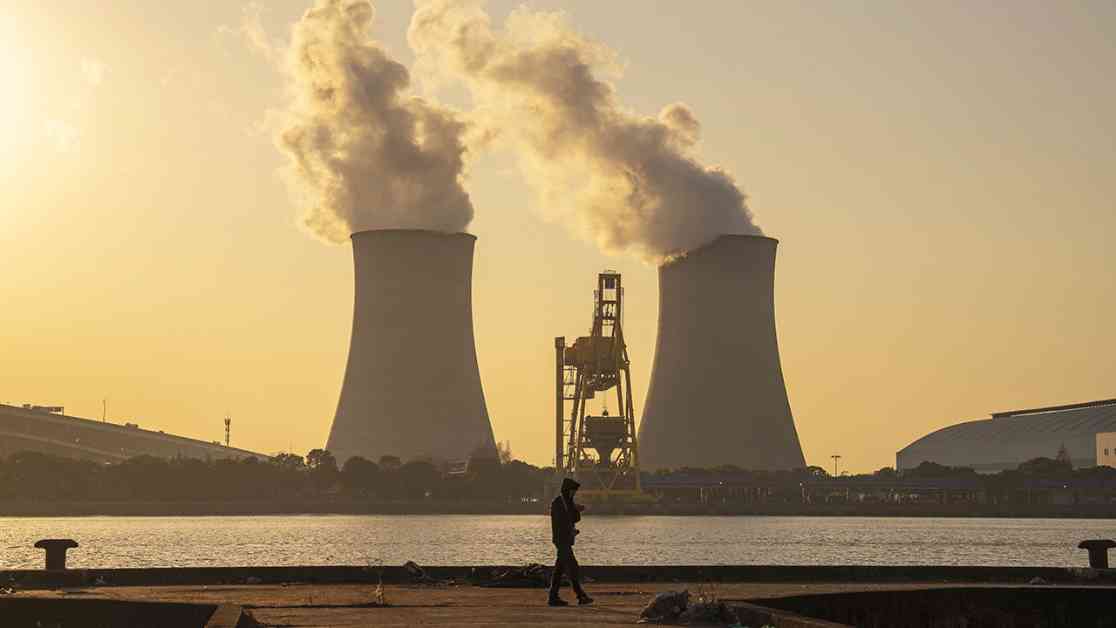China has long been in the spotlight for its carbon dioxide emissions, which are among the highest in the world. However, another pressing issue that often goes unnoticed is China’s methane emissions. This potent greenhouse gas is a significant contributor to climate change, and China is the largest emitter of methane globally, accounting for about 14% of total emissions each year.
The Growing Methane Emissions Issue
While Chinese leaders have set a goal to peak carbon dioxide emissions by 2030, the same level of commitment is lacking when it comes to addressing methane emissions. Methane is estimated to be about 84 times more potent than carbon dioxide in the short term, making it a crucial factor in global warming. The fact that China is responsible for such a large portion of methane emissions underscores the urgent need for action on this front.
The Challenge of Less Coal and Fewer Cows
One of the primary sources of methane emissions in China is the country’s extensive coal industry. Coal mining and processing release methane into the atmosphere, contributing significantly to the country’s overall emissions. Transitioning to cleaner energy sources and reducing reliance on coal will be essential in curbing methane emissions.
Additionally, China’s large agricultural sector, particularly its livestock industry, is a major source of methane emissions. Cows and other ruminant animals produce methane as a byproduct of digestion, adding to the country’s overall emissions. Implementing sustainable farming practices and promoting alternative sources of protein could help reduce methane emissions from livestock.
The Need for Immediate Action
Chinese leaders are beginning to acknowledge the importance of addressing methane emissions, but more decisive action is needed to tackle this pressing issue. Investing in methane capture technology, improving regulations on methane emissions from coal mines and agricultural activities, and promoting renewable energy sources are all crucial steps that China can take to reduce its methane footprint.
Addressing methane emissions is not only essential for mitigating climate change but also for improving air quality and public health in China. Methane contributes to the formation of ground-level ozone and smog, which have detrimental effects on respiratory health and overall well-being. By prioritizing methane reduction efforts, China can make significant strides towards a cleaner and more sustainable future.
In conclusion, China’s urgent need to address methane emissions is a critical aspect of the country’s environmental and climate change goals. By taking decisive action to reduce methane emissions from coal mining, agriculture, and other sources, China can play a crucial role in combating climate change and protecting the planet for future generations.



























